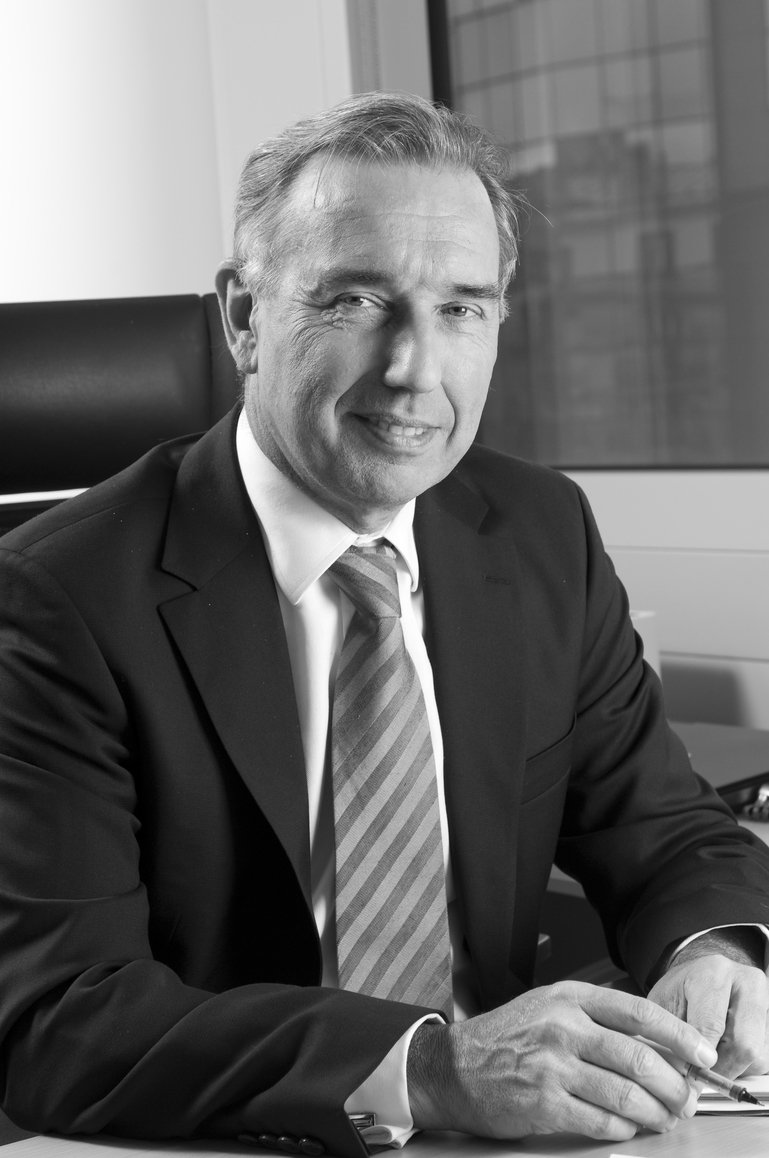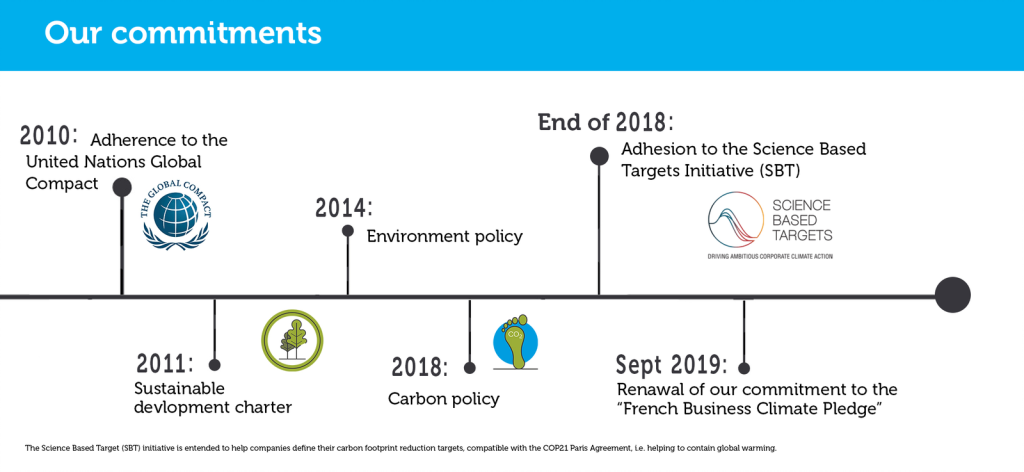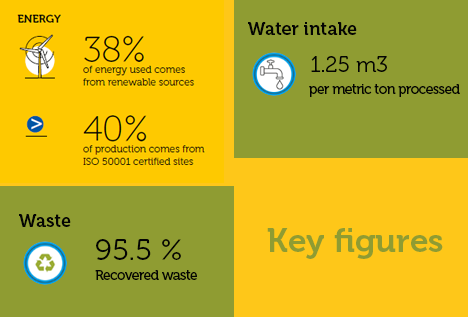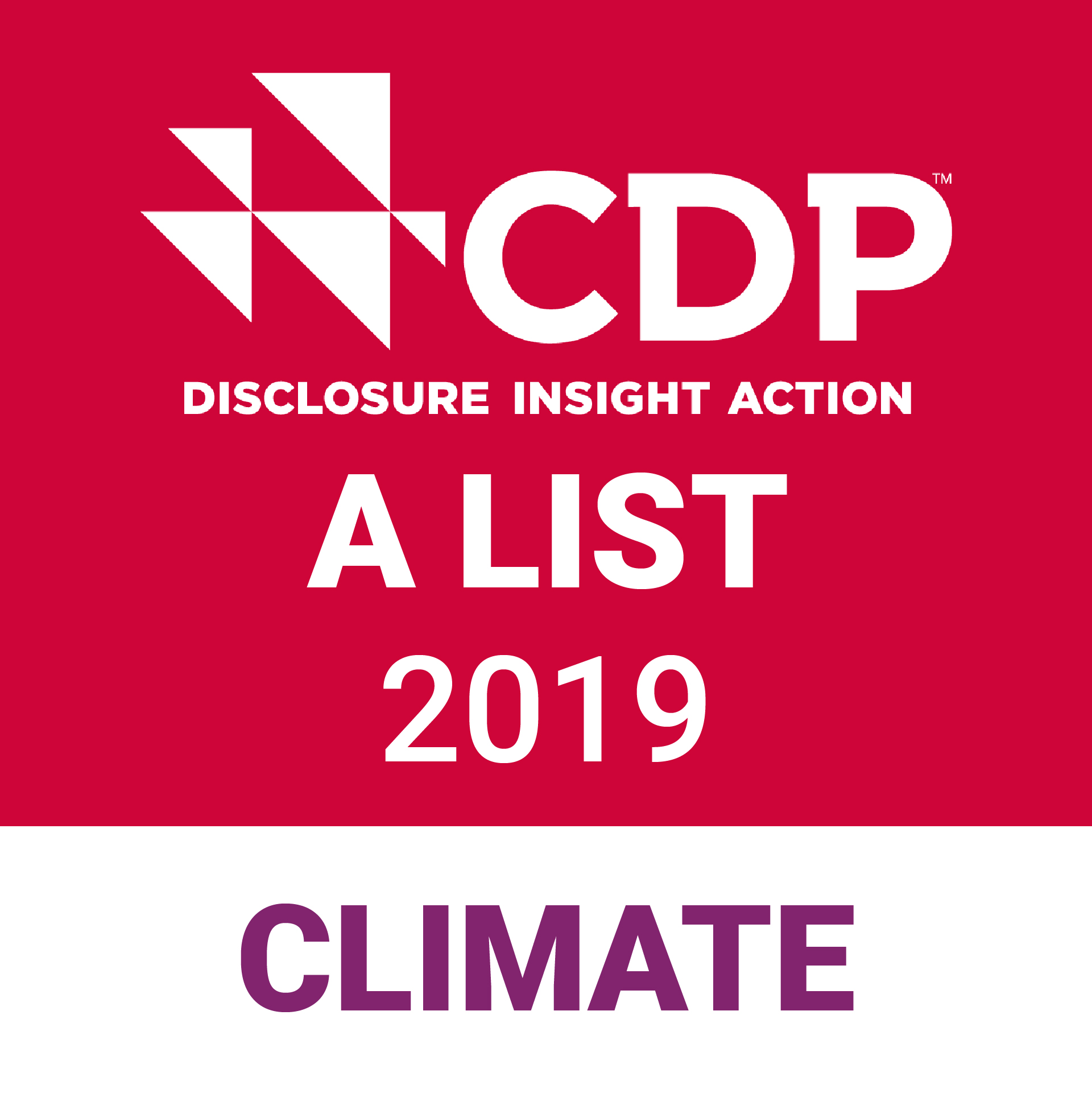Environment – our commitments rewarded!
Environment – our commitments rewarded!
23/01/2020 – Environment
Our sustainable development policies are regularly recognized by the extra-financial rating authorities.
At the end of 2019, we received an accolade from EcoVadis, which has awarded us their “Gold Medal” for CSR performance. On this occasion, the Group distinguished itself particularly in the environmental category with a score of 90/100, placing us in the top 1% of the best-rated companies, well above other firms in our sector.

A structured approach
Our performance, particularly in the three key areas of sustainable development – energy, water and waste management – makes us a responsible player in our sector.
Below is a brief overview of our commitments, results, and actions, which all illustrate the Group engagement on the issues, and that of our teams. They also highlight our ongoing challenges, such as continuously devising new solutions to limit the impact of our activities on the environment.

Environment at Vallourec: commitments for the future
The Group is a low emitter of greenhouse gases compared to international benchmarks.
In fact, it benefits from the Brazilian forests, which act as carbon sinks, as well as its industrial model. In 2018, for example, 80% of internal steel production came from electric steel mills (Jeceaba and Youngstown).
Since 2009, the Greenhouse project has been in place to reduce our gas and electricity consumption by 20% by 2020. Many of our mills, representing 40% of our production, have achieved the Iso 50001 certification.
Furthermore, 38% of the energy consumed comes from renewable sources!
Vallourec intends to pursue this path and is now implementing a 2025 action plan to contribute to a low-carbon economy by continuing to reduce our CO2 emissions.
To achieve this goal, we’re committed to:
- reducing the indirect impact of our operations, particularly in terms of our supplies,
- valuing our Brazilian forests, which act as carbon sinks,
- reducing emissions from all our processes, including furnaces used for rolling and heat treatment,
- pursuing our energy efficiency plans to reduce our gas and electricity consumption,
- adapting our industrial sites to the potential consequences of climate change,
- increasing our market share alongside the energy transition,
- supporting our customers with their environmental strategies in the context of the energy transition.
Introducing new waste recovery initiatives
Waste management is a major economic and environmental challenge for the Group.
It involves focusing on 3 strategic areas – reduce waste generated, reuse it, or else recycle. In particular, this involves hazardous waste in line with reducing chemical risk. In 2018, our waste recycling rate was 95.5%.
At the same time, local teams have opened up new ways of managing waste and have generated additional revenue streams by implementing various initiatives, for example:
- In Youngstown (United States), “bad” scale, previously sent to landfill, is now resold to the cement industry. As a result, treatment costs are down.
- In Brazil, blast furnace sludge is being used to enrich the soil in eucalyptus forests.


Better water management by limiting withdrawals
Our water footprint is remarkable given withdrawals have been in decline over the last 10 years and reached a historic low in 2018.
Limiting withdrawals also means recovering rainwater, and that's exactly what has been introduced at a number of our sites. For example, in Montbard/France, a rainwater system is being used to reduce pumping in the Burgundy Canal. Risk management in relation to the use of water and its treatment, before being released into the environment, is being given special attention in all our regions.

And in 2020?
Vallourec ranks in the prestigious “A List” of the CDP (Carbon Disclosure Project) published on January 20, 2020. Of the 8,400 companies evaluated worldwide, the Group stands out alongside 179 other companies (22 French companies including Danone, Saint-Gobain, Air Liquide, PSA, Engie).We are thus rewarded for the quality of our commitment in the fight against global warming, our expertise in environmental risks, our promotion of good practices and awareness-raising among our employees as well as our transparency in terms of environmental policy.




